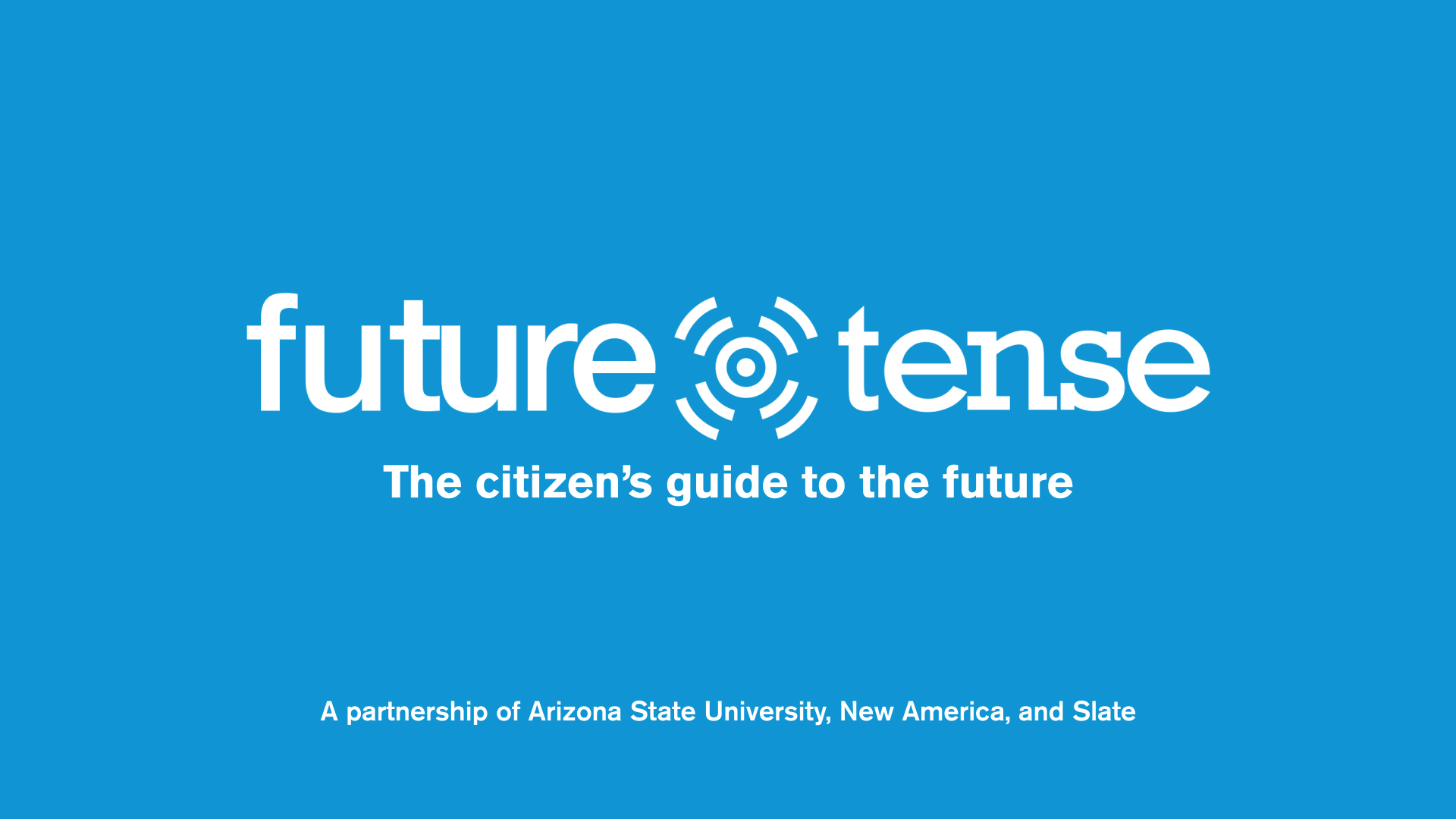Will the Internet Always be American?

Much to the annoyance of EU regulators and more authoritarian regimes elsewhere, hundreds of millions of people around the world rely on U.S. players – the likes of Twitter, Facebook, Alphabet and Microsoft – to connect to information, and to each other.
Why is that? Is there something inherently American about the internet? And is this story of American online supremacy a business story, or one of cultural and legal values?
Looking forward, the story itself may be coming to an end, as foreign governments seek to assert more control over the internet; individuals become less trusting of the US government as a guardian of privacy and free speech; and US internet companies work to transcend their own nationality, to become truly global players.
Join Future Tense on Thursday, Nov. 10, in Washington, D.C., to explore the internet’s nationality, and the extent to which it’s an expression of American culture, and the extent to which that may be changing.
Follow the conversation online using #AmericanInternet and by following @FutureTenseNow. Future Tense is a partnership of Arizona State University, New America, and Slate.
Featuring Ellery Roberts Biddle, advocacy director, Global Voices and fellow, Berkman Klein Center for Internet & Society; Jennifer Daskal, associate professor of law, American University; Joshua Keating, staff writer, Slate; Moíses Naím, distinguished fellow, Carnegie Endowment for International Peace and author, "The End of Power;" Carolyn Nguyen, director of technology policy, Microsoft; Emily Parker, author, "Now I Know Who My Comrades Are: Voices From the Internet Underground" and Future Tense fellow, New America; Ross Schulman, co-director, Cybersecurity Initiative at New America, senior policy counsel, New America’s Open Technology Institute; and, Hao Wu, fellow, New America and documentary filmmaker.